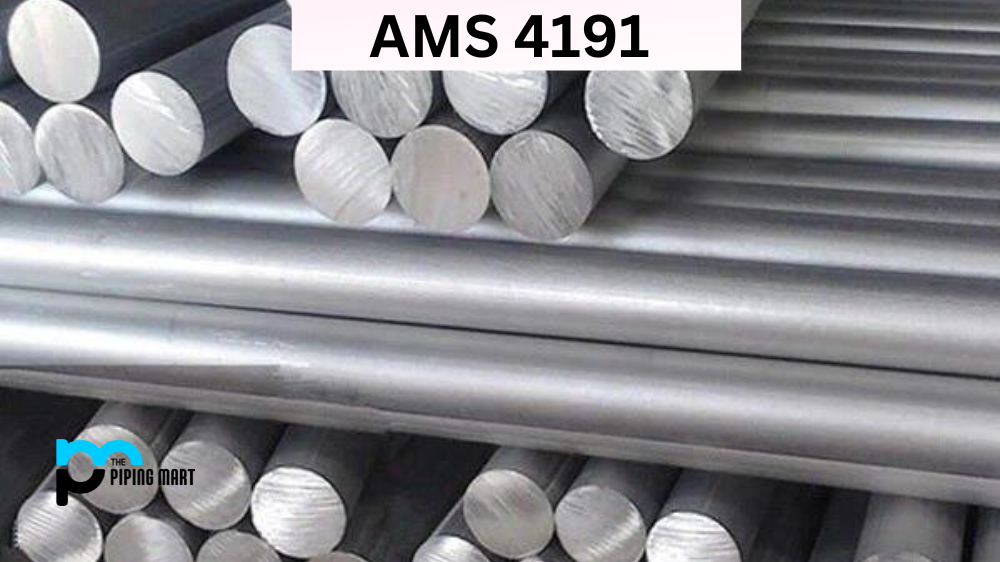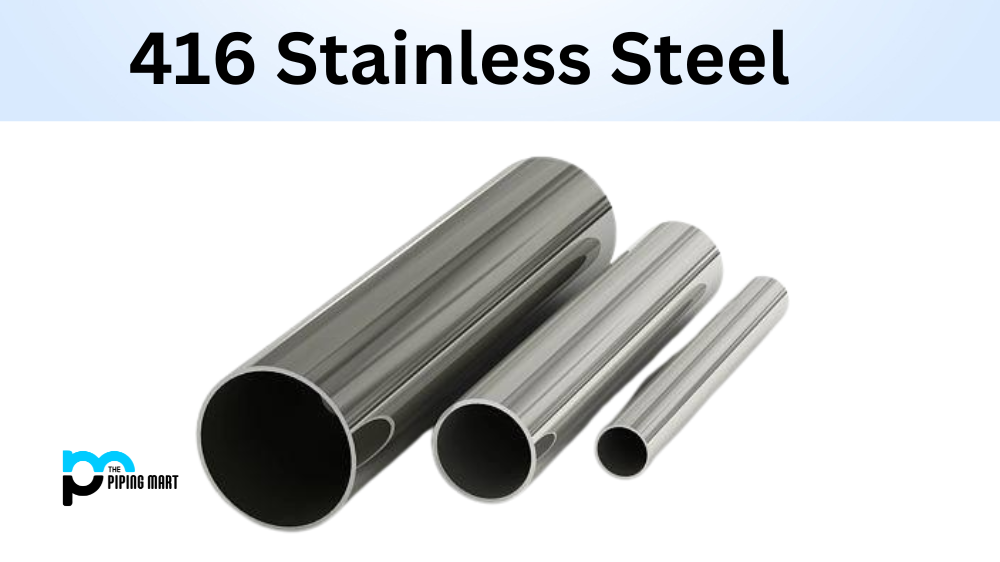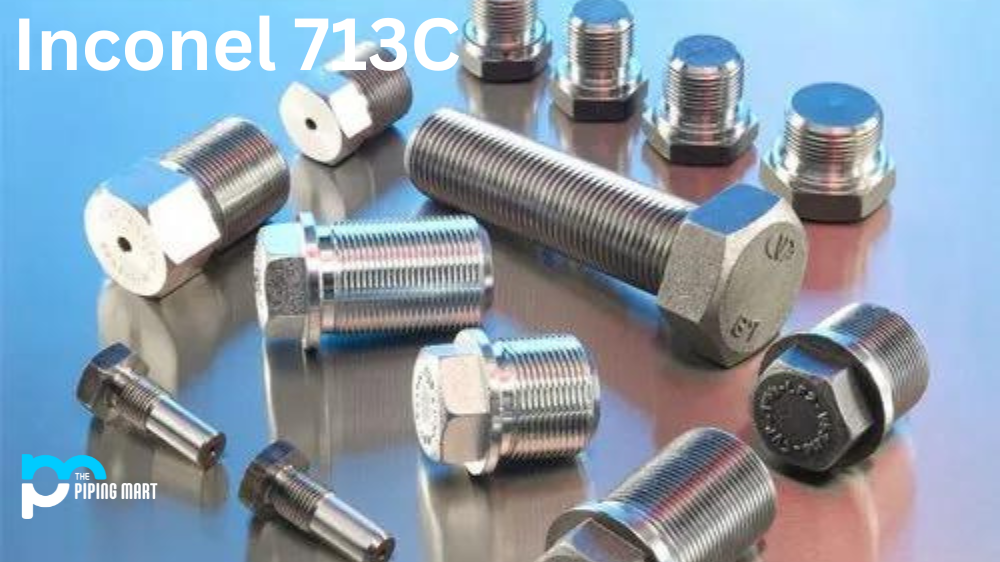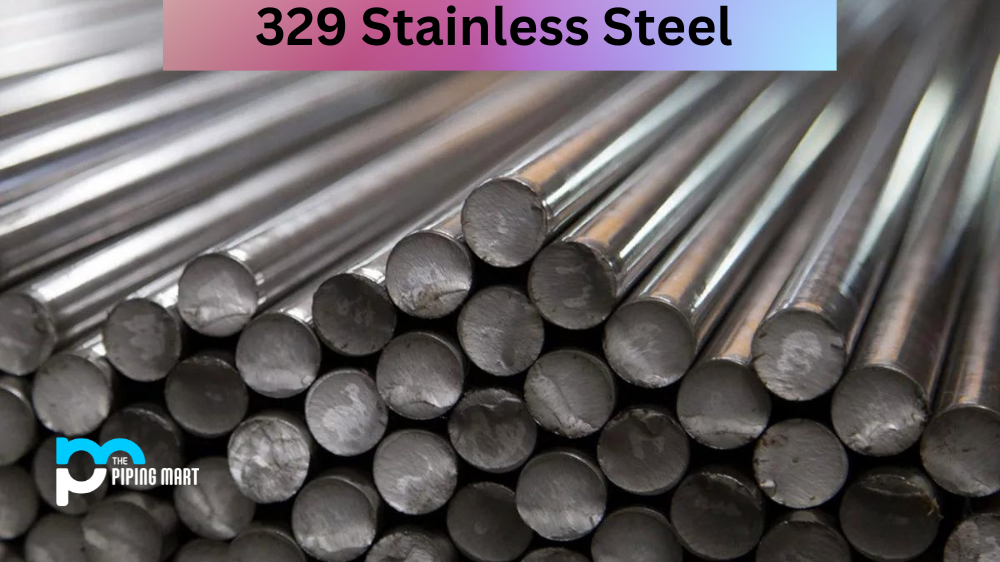When choosing metals for engineering and industrial applications, choosing the right material can make a significant difference in the overall quality and durability of the end product. One such metal that is often used in aerospace, automotive, and industrial manufacturing is AMS4191. This blog post will examine AMS 4191 and explore its composition, physical and mechanical properties, uses, hardness, and heat treatment.
What is AMS 4191?
AMS 4191 ( also known as Aluminium Alloy 2319) is an essential specification in the realm of aerospace materials. It refers to a particular type of aluminium alloy known for its exceptional durability and corrosion resistance. Specifically, AMS 4191 comprises an aluminium-copper alloy with small amounts of manganese, magnesium, and other trace elements. This unique combination of materials gives AMS4191 unparalleled strength, making it an ideal choice for aircraft components and other critical aerospace applications. From commercial airliners to military fighter jets, AMS 4191 has proven its reliability time and time again in some of the world’s most demanding environments.
AMS 4191 Composition
AMS 4191 is a high-strength aluminium alloy that contains copper, magnesium, and manganese. It is also called 7075-T651 aluminium, and its composition makes it suitable for high-stress and heavy-duty applications. Copper and magnesium provide excellent corrosion resistance, while manganese adds to its strength.
| Element | Content (%) |
|---|---|
| Aluminum, Al | 93 |
| Copper, Cu | 6.3 |
| Manganese, Mn | 0.3 |
| Zinc, Zn | 0.18 |
| Titanium, Ti | 0.15 |
| Vanadium, Va | 0.10 |
AMS 4191 Physical Properties
AMS 4191 has excellent physical properties, making it suitable for aerospace and other applications. Its density is 2.81g/cm3, with a melting point of 477°C. The alloy also has excellent electrical and thermal conductivity, making it an ideal choice for electrical and thermal applications.
| Properties | Metric | Imperial |
|---|---|---|
| Density | 2.84 g/cm³ | 0.102 lb/in³ |
| Melting point | 543 – 643 °C | 1009-1189°F |
AMS 4191 Mechanical Properties
AMS 4191 has excellent mechanical properties and a high strength-to-weight ratio. The ultimate tensile strength is around 572 MPa, with a yield strength of around 503 MPa. The alloy also exhibits excellent toughness and fatigue resistance, making it ideal for applications requiring high stress and heavy loads.
| Properties | Metric | Imperial |
|---|---|---|
| Poisson’s ratio | 0.33 | 0.33 |
| Elastic modulus | 70-80 GPa | 10152-11603 ksi |
AMS 4191 Equivalent
- AMS 4191D
- AWS A5.10.92
- ER 2319
- R 2319
AMS 4191 Uses
One of the main applications of AMS 4191 is in aerospace, where it is used to construct aircraft wings, fuselage, and other components. Its high strength and durability make it a popular choice in automotive manufacturing, where it is used to produce high-performance engines, suspension systems, and other critical components. It is also widely used in industrial applications such as producing precision tools, equipment, and machinery.
AMS 4191 Hardness
AMS 4191 has a high hardness level, achieved through heat treatment. The hardness of the alloy is typically measured using the Rockwell hardness scale, and it exhibits excellent wear resistance and dimensional stability. The hardness of the alloy can be tailored to specific application requirements by adjusting the heat treatment process.
AMS 4191 Heat treatment
AMS 4191 can be heat-treated to achieve specific properties such as increased strength, hardness, and durability. The process typically involves heating the alloy to a specific temperature range and cooling it rapidly in water or air. The heat treatment process can significantly impact the mechanical and physical properties of the alloy, making it an essential consideration in the manufacturing process.
Conclusion
In conclusion, AMS 4191 material is an excellent choice for applications that require high strength, durability, and corrosion resistance. Its composition, physical and mechanical properties, and heat treatment options make it a versatile alloy suitable for aerospace, automotive, and industrial manufacturing applications. By understanding the properties of AMS 4191, manufacturers can select the right material for their application and ensure the quality and longevity of their end product.

Pipingmart is a B2B portal that specializes in metal, industrial and piping items. Additionally, we share the latest information and information about materials, products and various types of grades to assist businesses that are involved in this business.




